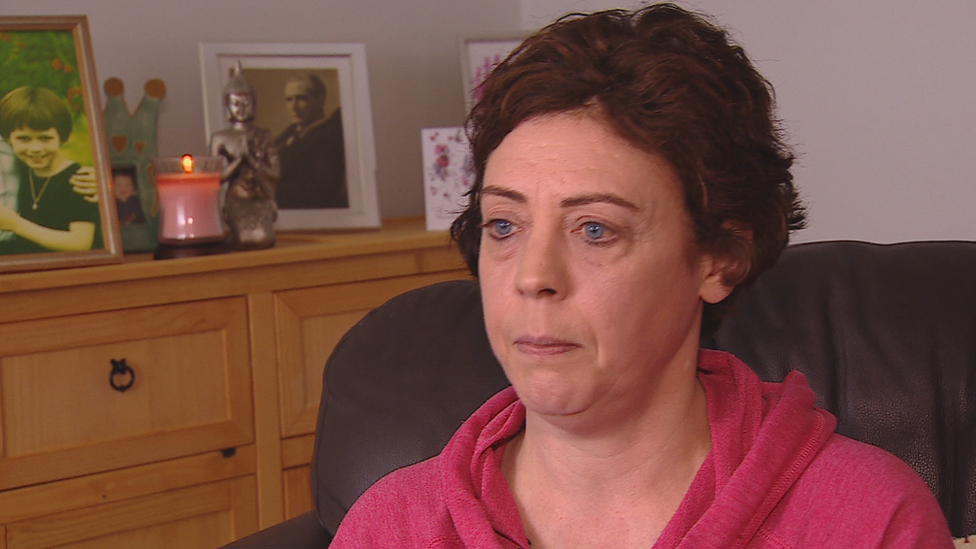Rape victims 'let down' says justice secretary
- Published
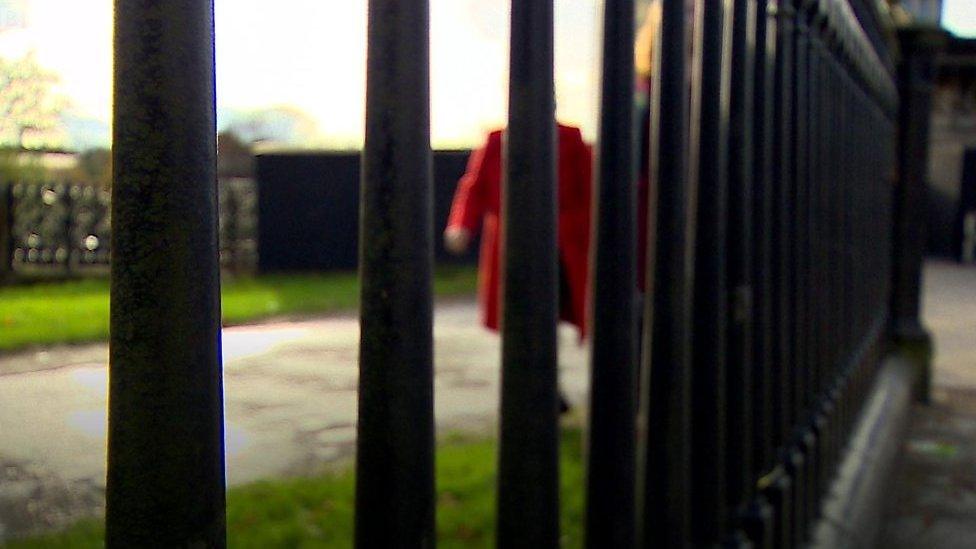
Rape victims and survivors said they do not feel a sense of justice even after conviction
Victims of sexual crimes including rape often feel a lack of justice even if their attacker is convicted, new research shows.
A report by the Scottish Centre for Criminal Justice Research said victims and survivors felt the system was weighted in favour of the accused.
Justice Secretary Humza Yousaf said the report was "hugely important" and contained "some harrowing reading".
He said people have "frankly been let down" by the criminal justice system.
The SCCJR report, commissioned by the Scottish government, documents the "justice journeys" of 17 victim-survivors of rape and serious sexual assault.
It highlights problems such as inadequate communication from officials, lengthy delays in the process and victims feeling they were "marginal" to the criminal justice system.
Mr Yousaf said processes need to be changed or adjusted so that victims did not feel they were on trial.
He said he wanted to inject "compassion" into the justice system but warned it would not happen overnight.
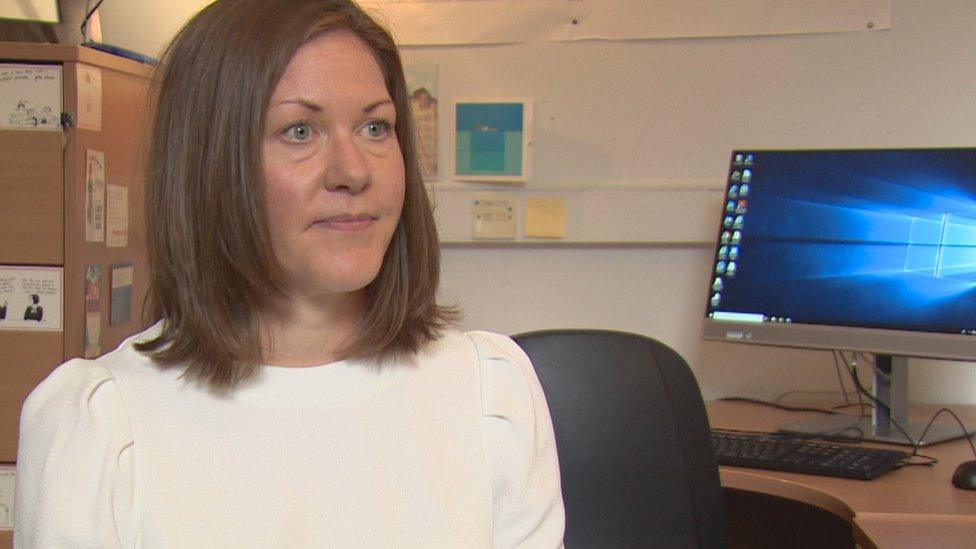
Dr Oona Brooks-Hay was one of the authors of the report
One of the report's authors, Dr Oona Brooks-Hay, said many victims and survivors felt ill-prepared to give evidence in court and were distressed by the manner of questioning at trial, particularly from defence lawyers.
"This really undermined or affected their confidence in the system or their sense that justice had been accessed," she said.
Dr Brooks-Hay, senior lecturer in criminology at the SCCJR, said there was a disparity between what victims thought the process would be like and the reality.
She said much more could be done to prepare them for the length of time it might take and what was expected of them.
The senior criminologist said that under the current system the victim was considered to be a witness and did not have access to their own lawyer in the way the accused does.
Dr Brooks-Hay said: "The prosecutor prosecutes in the public interest rather than directly in the victim's interest and that comes as quite a surprise to victims and survivors who believe they will have their own lawyer."
She said one of the more "radical" recommendations of the report was introducing independent legal representation for complainers to ensure their interest and needs were central to the process rather than marginalised.

'I was let down, frustrated and angry'
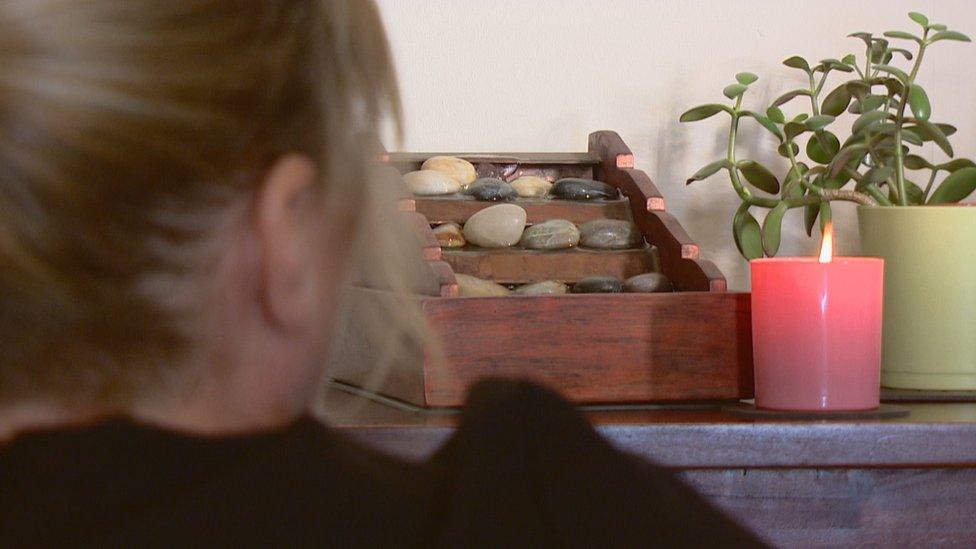
Poppy, not her real name, waited 666 days for her case to come to court and then it collapsed on the second day
In April 2017, Poppy made an accusation of sexual assault against a family friend who was staying with them in her home.
The case eventually came to court 666 days later but on the second day of the trial, the prosecution abandoned the case, leaving her devastated.
Like most victims and survivors, Poppy had no experience of the criminal justice system and did not realise prosecutions could collapse in this way.
She said she felt "let down, frustrated and angry" by the experience.
Poppy, not her real name, said that when she first reported the incident the police station staff were "fantastic".
After statements were taken and forensic examinations done, the accused was arrested.
"My husband and I waited from April to December not knowing what was happening," she said.
Poppy claims the case "lay dormant" with the procurator fiscal until it was reallocated to another member of staff at the end of 2017.
It still took until February this year for the court case to start.
Poppy said her family was in limbo for almost two years, leading to stress and periods off work sick.
When it finally came to court, Poppy said she was made to feel like a "liar" and "trash" by the defence lawyer and then the case collapsed, with prosecutors deciding there was not enough evidence to proceed.
Poppy still does not know why the decision was taken.
"Crown counsel were happy with the fact the evidence was enough to take it to court," she said.
"What a waste of taxpayers' money. All that money and all that time to get to that point and a judge and jury situation and there wasn't enough evidence to continue with the court case."

Sensitive response
The report said the number of rapes and attempted rapes reported to the police has more than doubled in the past decade to 2,255 - suggesting victim-survivors are increasingly confident about coming forward.
However, it remains the case that reports of rape rarely translate into convictions.
The authors said none of the victim-survivors, including those whose cases resulted in a guilty verdict, believed "justice" had been achieved in their case.
They said achieving justice was limited and overshadowed by the impact of the offences and the lengthy criminal justice process.
The report said prosecutors should make sure victim-survivors are better prepared for the potentially distressing nature and format of questioning at trial.
It also said the adversarial nature and manner of defence questioning should be reviewed.
- Published10 July 2019
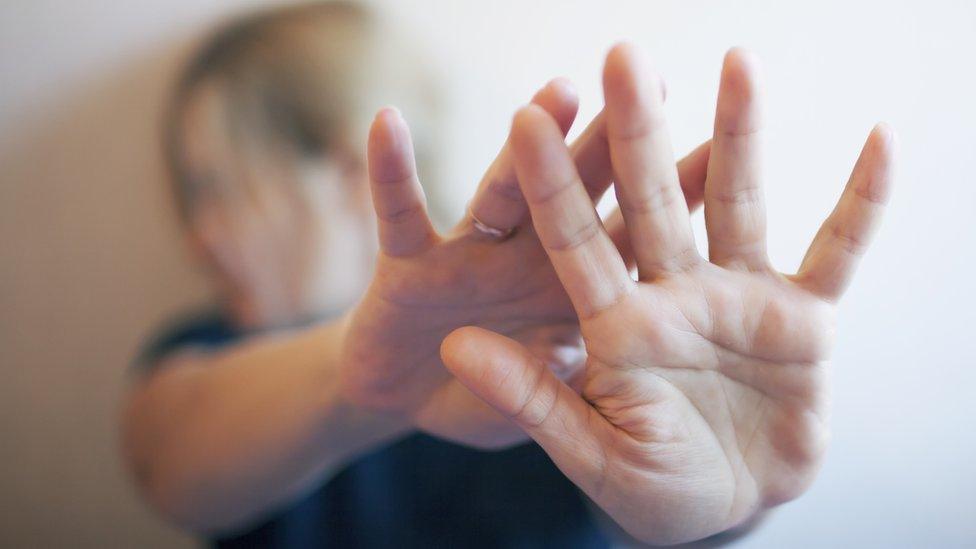
- Published1 May 2018
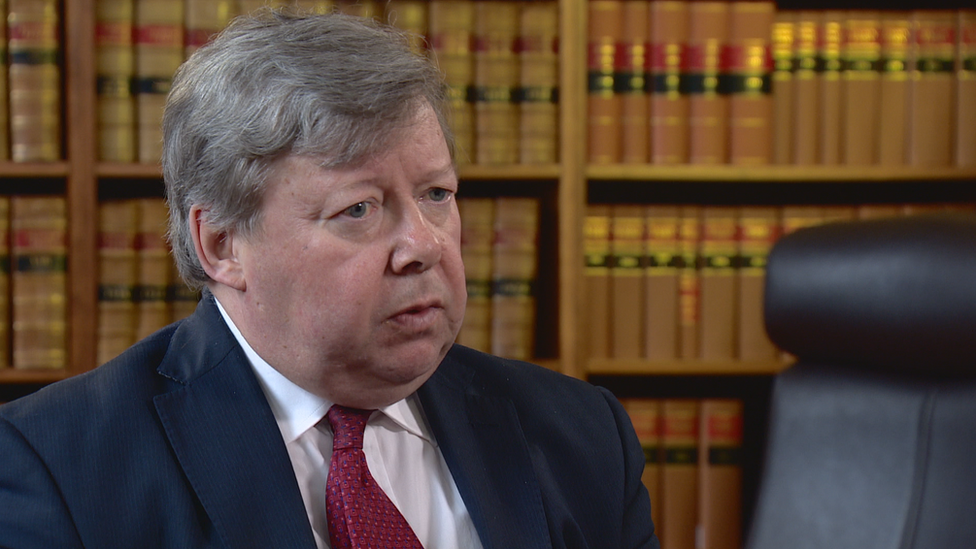
- Published1 March 2019
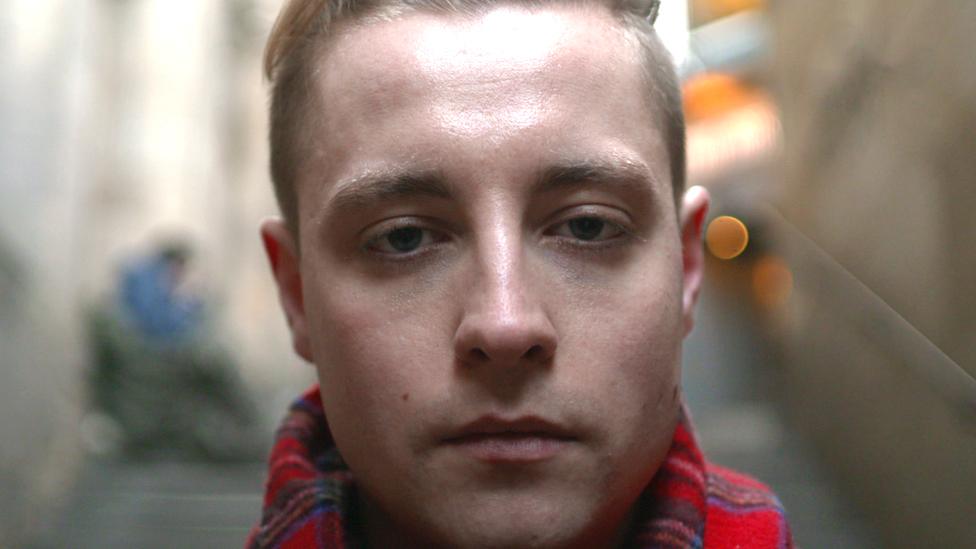
- Published12 March 2018
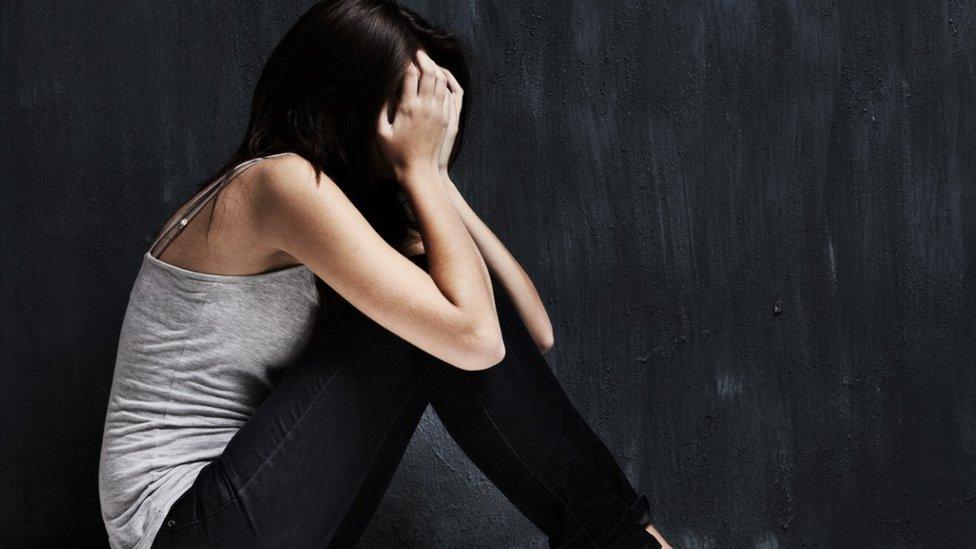
- Published1 May 2018
